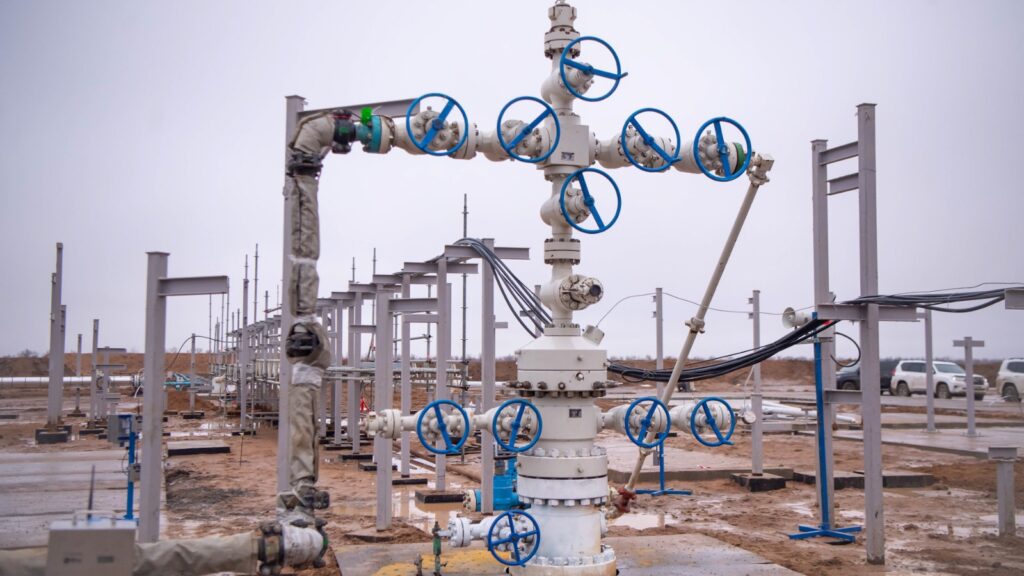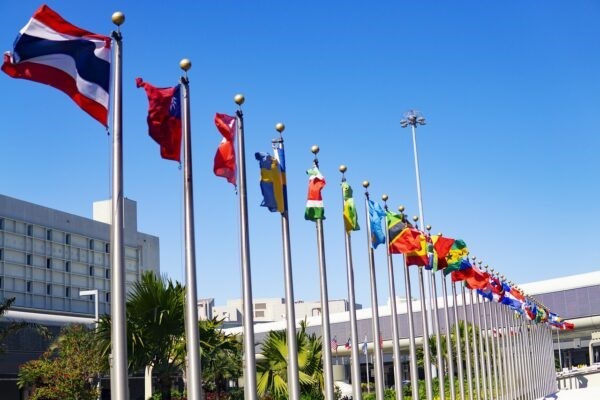The head of the Constitutional Court of the Republic of Kazakhstan has spoken about the implementation of three packages of President Tokayev’s reforms. A delegation from Kazakhstan took part in UN events dedicated to the 75th anniversary of the adoption of the Universal Declaration on the Protection of Human Rights in Geneva, where they addressed Kazakhstan's experience in carrying out political and human rights reforms. The head of the delegation, Chairman of the Constitutional Court, Elvira Asimova spoke about Kazakhstan's priorities in the human rights sphere, naming these as the protection of children and women, the implementation of the concept of a "listening state," digitization, and increasing the active role of civil society in the field of human rights protection. At a special event hosted by human rights NGOs, Asimova reported on the implementation of three packages of President Tokayev’s reforms and on his Decree "On the Action Plan in the field of human rights and the rule of law." “Today's global challenges require the development of global solutions and the ability to respond correctly to current events. In this regard, it should be noted that almost all the delegations with whom we met on the sidelines of the event highly appreciate the reforms being carried out in Kazakhstan. And they welcome the adoption by the head of state on December 8th of the Action Plan in the field of human rights," Asimova said. The document consists of nine sections containing 41 points, from strengthening gender equality and combating domestic violence, to protecting citizens in the field of criminal justice. For the first time in Kazakhstan, the experience of a human rights organization was included in this list. Zhemis Turmagambetova, Executive Director of the Charter for Human Rights Foundation stated that “This year, I conducted the first part of the project to create a ‘Dialogue Police.’ In times of peaceful gatherings and marches and informal associations of citizens on various issues, the police will conduct a dialogue. It is necessary to involve representatives of government agencies there. This is a great support for the actions of the non-governmental sector and civil society. Because everything at a legislative level and at a practical level should be applied by all legislators and all government agencies.” On the sidelines of the forum, the Commissioner for Human Rights of Kazakhstan, Artur Lastaev, together with the Global Alliance of National Human Rights Institutions and UNDP, held a discussion on the contribution of national human rights institutions to the implementation of UN Sustainable Development Goals. “Over the past few years, very serious steps have been taken to strengthen both the institution of the Commissioner for Human Rights and, in general, regarding the implementation of international standards into national legislation,” Lastaev said. “A lot of people say that these are the reforms of President Tokayev. These reforms have already acquired a household name. In this regard, we really have something to be proud of. There are concrete results. If we take the fight against torture, 42 people...








